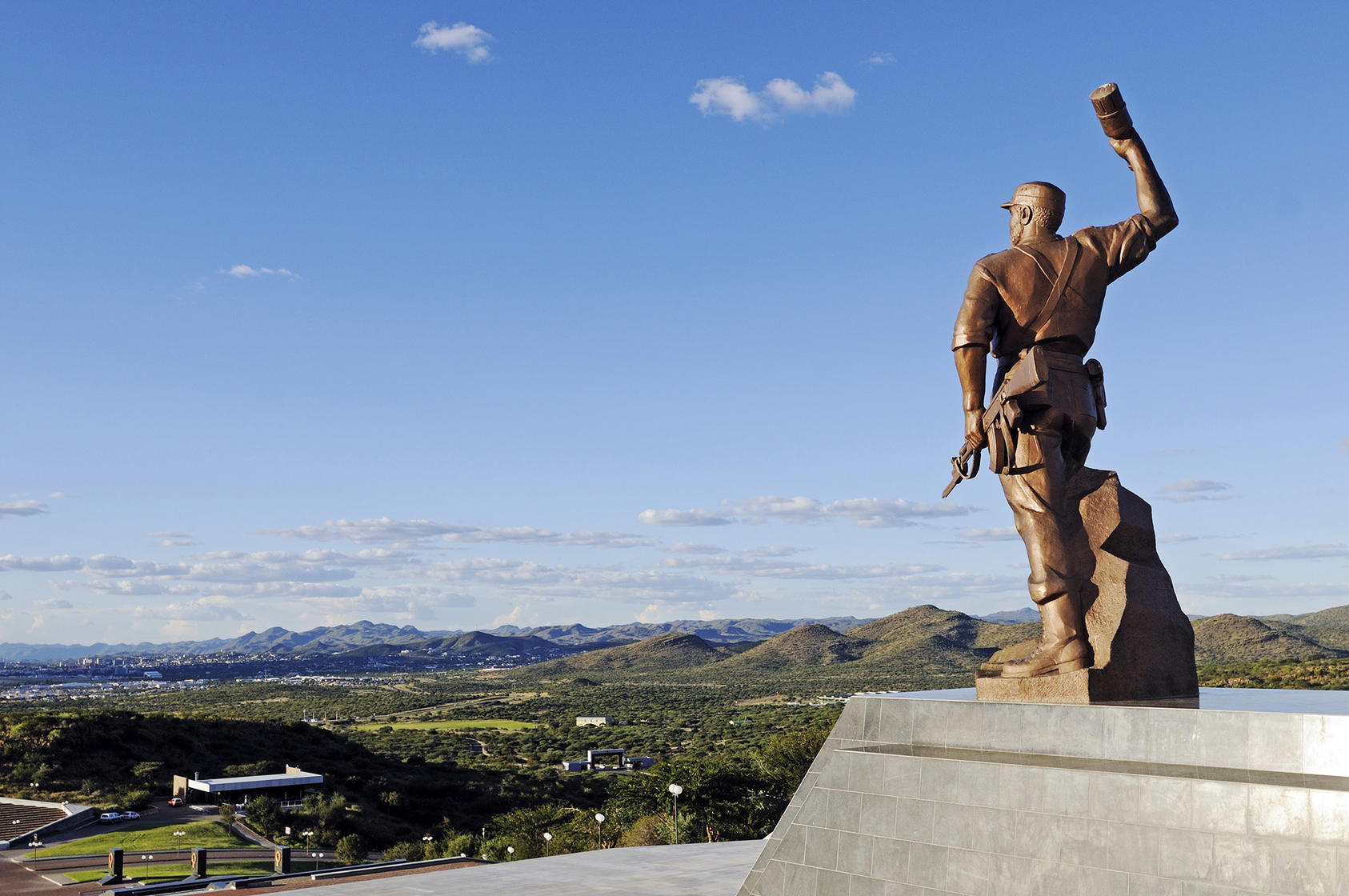North Korea in Africa: Historical Solidarity, China’s Role, and Sanctions Evasion
North Korea serves as a mutually beneficial partner for many African governments. Although these ties are often viewed solely through the lens of economic and security interests, this report shows Pyongyang's deep historical connections and ideological linkages with several of the continent’s nations. North Korea–Africa relations are also bolstered by China, which has been complicit in North Korea’s arms and ivory trade, activities providing funds that likely support the Kim regime’s nuclear ambitions and allow it to withstand international sanctions.

Summary
- North Korea’s Africa policy is based on historical linkages and mutually beneficial relationships with African countries. Historical solidarity revolving around anticolonialism and national self-reliance is an underemphasized facet of North Korea–Africa partnerships.
- As a result, many African countries continue to have close ties with Pyongyang despite United Nations sanctions on North Korea. In particular, North Korea is active in the African arms trade, construction of munitions factories, and illicit trafficking of rhino horns and ivory.
- China has been complicit in North Korea’s illicit activities in Africa, especially in the construction and development of Uganda’s largest arms manufacturer and in allowing the illegal trade of ivory and rhino horns to pass through Chinese networks.
- For its part, North Korea looks to Africa for economic opportunity, owing to African governments’ lax sanctions enforcement and the Kim family regime’s need for hard currency.
- To curtail North Korea’s illicit activity in Africa, Western governments should take into account the historical solidarity between North Korea and Africa, work closely with the African Union, seek cooperation with China, and undercut North Korean economic linkages in Africa.
About the Report
This report examines the ideological, economic, and national security underpinnings of North Korea–Africa relations and the reasons why many African countries maintain ties with Pyongyang despite international efforts to isolate the Kim regime. Commissioned by the North Korea program at the United States Institute of Peace, the report argues that understanding the historical and current rationale for North Korea–Africa ties can help inform appropriate strategies for encouraging African governments to cut ties and enforce sanctions.
About the Author
Benjamin R. Young is an assistant professor in cyber leadership and intelligence at Dakota State University. He was a postdoctoral fellow at the U.S. Naval War College from 2018 to 2019, and his first book, Guns, Guerillas, and the Great Leader: North Korea and the Third World (Stanford University Press), will be published in spring 2021. He regularly publishes scholarly and journalistic articles on North Korea’s foreign relations.



